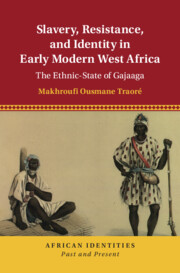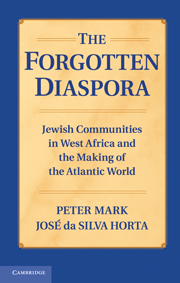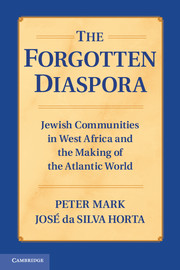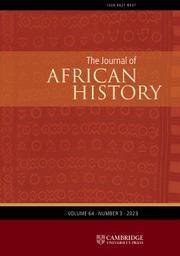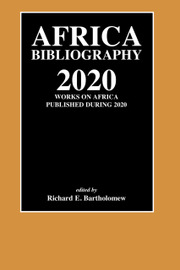Slavery, Resistance, and Identity in Early Modern West Africa
Between the seventeenth and eighteenth centuries, more than fifteen million people were uprooted from West Africa and enslaved in the Trans-Saharan and Transatlantic slave systems The state of Gajaage, located on the West African hinterland, offered a doorway to the Atlantic Ocean and played a central role in the wide-scale trade system that connected the histories of Africa, the Americas, and Europe. Focussing on the Soninke of Gajaaga, Makhroufi Ousmane Traoré demonstrates how their resistance to the slave trades led to the formation of a united community bound by an awareness of identity. This original study expands our understanding of the various modes of resistance West Africans employed to stem the encroaching tide of Arab imperializing efforts, European mercantile capitalism, and the Atlantic slave trade, whilst also highlighting how ethnic and religious identities were constructed and mobilized in the region.
- Provides a historical, anthropological and political approach to understanding state-building in precolonial West Africa
- Challenges common assumptions about the origins of the Trans-Saharan and Transatlantic slave trade
- Analyses functions of ethnicity and identity in precolonial Africa, showcasing African agency
Product details
June 2025Paperback
9781009282338
473 pages
229 × 152 mm
Not yet published - available from May 2025
Table of Contents
- Introduction
- Part I. Between the Sahara and the Atlantic Ocean:
- 1. The ethnic-state of Gajaaga
- 2. African slavery versus the slave trade(s)
- Part II. Atlantic Slavery, Kingship, and Worship of Nature:
- 3. Trans-Saharan and trans-Atlantic Gajaaga
- 4. Matriarchy, ecology, and Atlantic slave trade
- Part III. Gajaaga at the centre, the French Empire at the Edge:
- 5. Resisting the French empire
- 6. Bridging empire and hinterland
- Conclusion.

